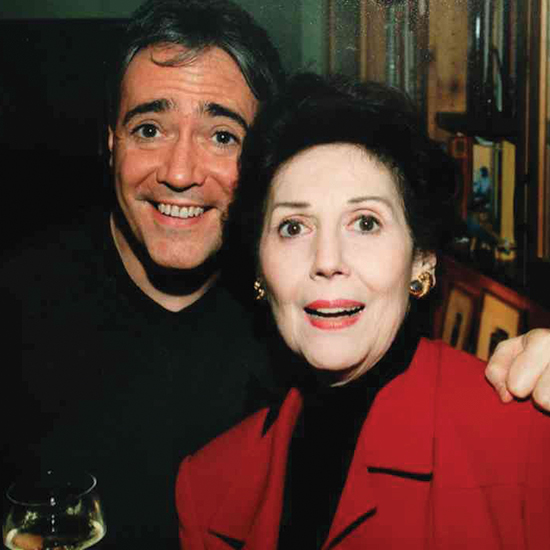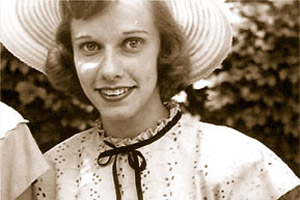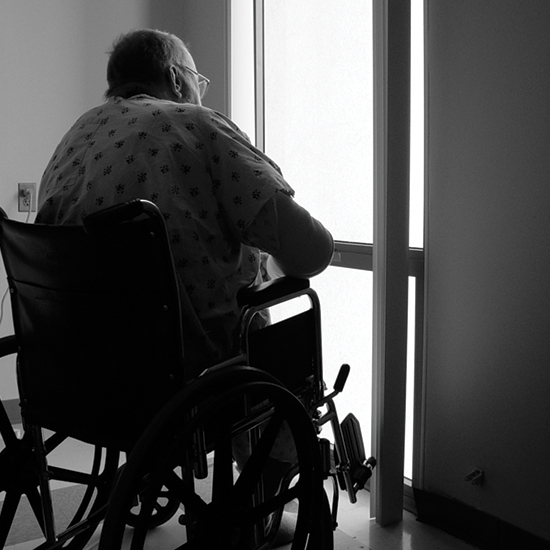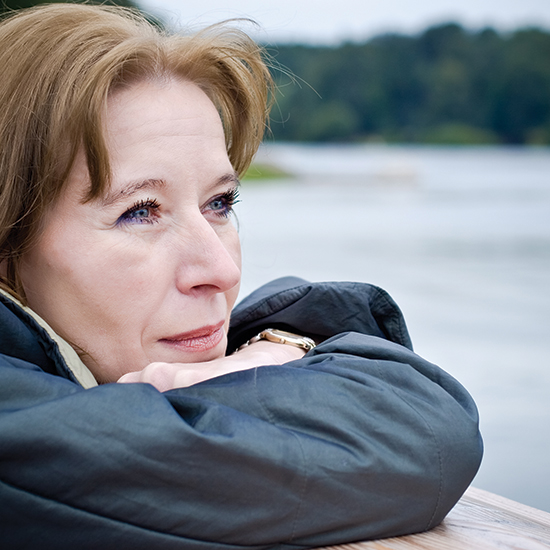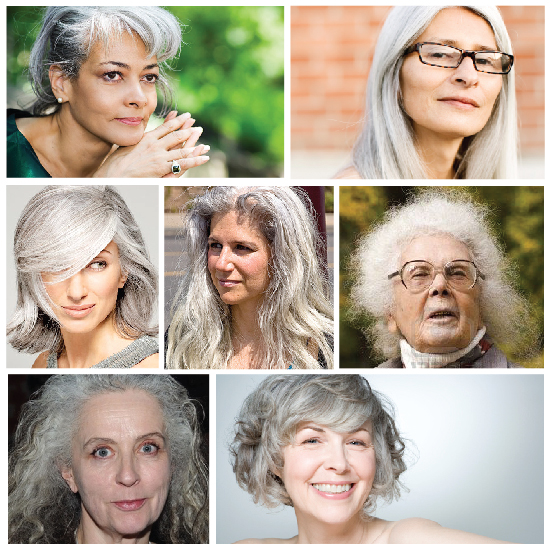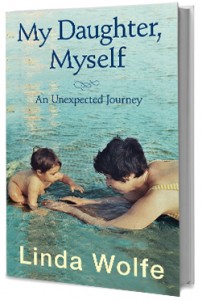Thank you, my darling son
These were Scott Simon’s recent tweets about his 84-year-old mom, Patricia Newman, after she died. Scott is a host of National Public Radio
Dear Patricia,
I didn’t know you, and I don’t know your son, but you were obviously a winning team. Sure, Scott’s certainly poetic and a fine Tweeter, but for a son to make those two statements about his mom, now THAT’S SOMETHING!
I saw Scott being interviewed this morning by Gayle King (she’s Oprah’s big pal) on Good Morning America. Great-looking son you’ve got there, by the way. You probably know this already, but his Tweets about you as you lay dying got so much attention, he’s now a bigger celeb than he was before. That’s got to make you feel good.
Gayle showed us your photos and you were quite a beauty. I wasn’t surprised to read that you were once a model. I also love your humor. Scott told us that you said so many “flabbergastingly insightful and funny things.” I smiled at your quote, “Look baby, I tell you all great death-bed speeches are written in advance.”
I also can’t get the image out of my mind of your son holding you “like a baby” after you cried out “Help Me.”
It’s often said that we have children, in part, so we can feel less mortal, that we’ll ‘live on’ through them. If that’s the case, you will certainly live on through Scott. Since his touching messages have gone viral, many strangers have reacted. One of his followers tweeted, “I haven’t held my mother’s hand in a long time, thank you for reminding me that time is fleeting and that I need to do that.”
My son sent me an email this morning: “I just watched the Morning Joe segment with the guy from NPR who tweeted about his mom dying and it made me think I should see you more so I don’t regret it when you are dying many years from now.
Maybe we can have dinner every other Monday.”
WOW, Patricia, you and Scott are giving other mothers all around the world great joy today.
Rest in Peace, beautiful woman (inside and out.)
Fondly,
Geri Brin
*photo source: www.npr.org




